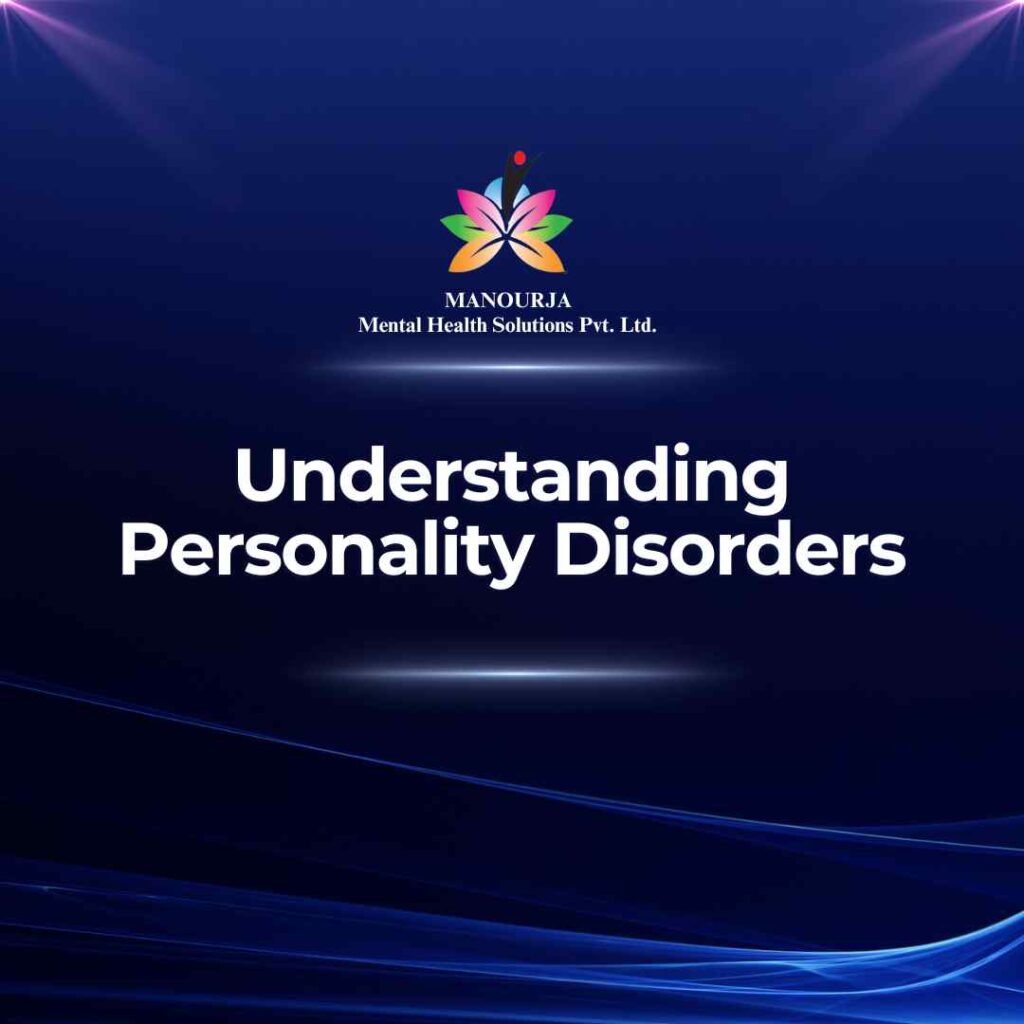Understanding Personality Disorders

Personality disorders are a class of mental health conditions characterized by persistent patterns of thoughts, behaviors, and interactions that are significantly different from cultural expectations and cause serious problems in relationships and work. These patterns are inflexible and pervasive, causing distress or functional impairment.
Definition of Personality Disorder
A personality disorder is defined by the American Psychiatric Association (APA) as an enduring pattern of inner experience and behavior that deviates markedly from the expectations of the individual’s culture. This pattern is found in two or more of the following areas:
- Cognition (ways of perceiving and interpreting self, other people, and events)
- Affectivity (the range, intensity, and appropriateness of emotional response)
- Interpersonal functioning
- Impulse control
This pattern is inflexible and pervasive across a wide range of personal and social situations. It typically leads to significant distress or impairment in social, work, or other areas of functioning. The pattern is stable and of long duration, and its origin can be traced back at least to adolescence or early adulthood.
Differences between General Disturbance of Personality and Personality Disorder
The key differences between a general disturbance of personality and a personality disorder lie in the consistency, severity, and impact of the behavioral patterns:
- Consistency and Pervasiveness: While everyone can exhibit personality traits that are difficult or problematic at times, a personality disorder is characterized by patterns that are consistent and pervasive. These are not limited to specific situations or periods but are evident across various contexts and over time.
- Severity and Impact: Personality traits become a disorder when they are so severe that they significantly impair an individual’s ability to function in personal, social, or occupational settings. In a general disturbance of personality, the traits might be noticeable but do not necessarily hinder overall functioning or cause significant distress.
- Response to Situations: Individuals with personality disorders typically have a much harder time adjusting their behaviors or responses to different situations. Their reactions may be more rigid or inappropriate compared to those of individuals with general personality disturbances who might demonstrate more flexibility and adaptiveness.
Understanding these differences is crucial in diagnosing and treating personality disorders, as it helps differentiate between those who might simply have challenging traits and those who require more comprehensive psychological intervention.
At MANOURJA, we believe in the transformative power of counseling. Our experienced therapists offer a safe and supportive space where you can explore your thoughts, emotions, and challenges. Through personalized counselling sessions, we’ll work together to develop coping strategies, build resilience, and achieve lasting positive change. Discover the path to a healthier, happier you with MANOURJA counselling services.
MANOURJA Rehabilitation Services
At MANOURJA, we’re dedicated to helping you in rebuild your life, after difficult times. Our rehabilitation services focus on understanding what you need to move forward, whether you’re recovering from addiction, trauma, or any psychological – social challenges. We create personalized plans, that are all about helping you, regain your strength and find hope again. With a caring team by your side, you’ll have the support to make real progress and take steps toward a brighter, healthier future
